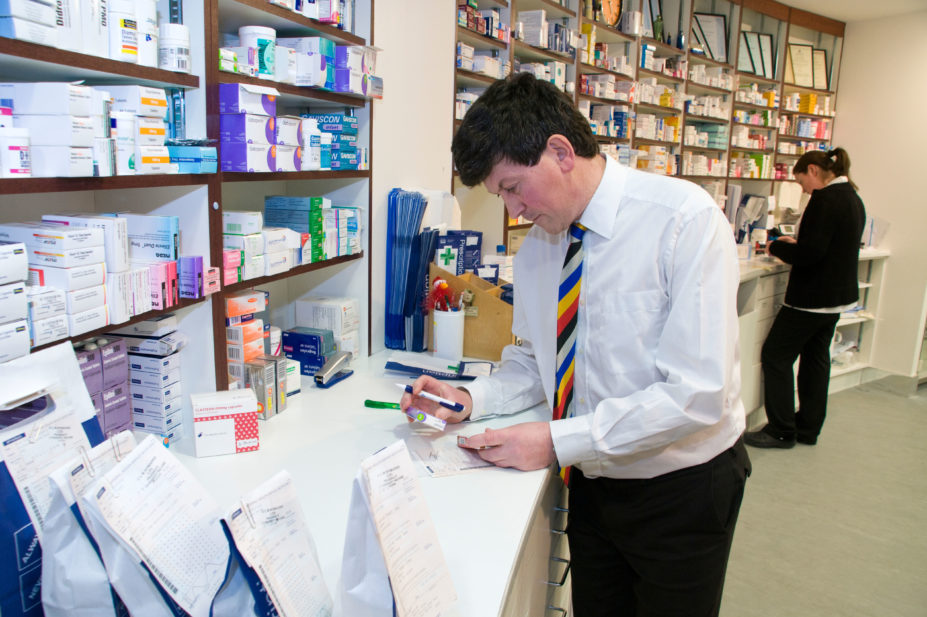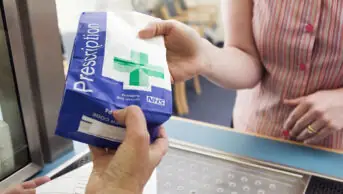
Jim Gibson / Alamy Stock Photo
The Royal Pharmaceutical Society (RPS) has called for greater use of pharmacist independent prescribers (PIPs) within multidisciplinary teams, as part of a new set of recommendations to support the increased use of PIPs over the next ten years.
The RPS said that a 2019 General Pharmaceutical Council (GPhC) survey showed that just 17% of pharmacists were qualified PIPs, and of those, 20% had not prescribed since gaining their IP qualification.
In the Pharmaceutical Journal‘s 2020 salary and job satisfaction survey, 29% of respondents said that they were IPs — but just 44% of those said they prescribed every day.
New initial education and training standards rolling out from summer 2021 will ultimately include newly qualified pharmacists becoming IPs at the point of qualification. The RPS said it was therefore “essential for MPharm students to be exposed to an increased number of clinical placements”, to help “support a focus on applied prescribing in the foundation years”.
The Society also called for resources to be made available so that current pharmacists can access independent prescribing courses.
Additional recommendations emphasise the need for ongoing professional development opportunities, as well as support and networking opportunities for all PIPs — including protected and funded learning time.
The recommendations also say that, when commissioning new services, the NHS should consider how PIPs could improve the patient experience of, and access to, those services. The Society added that local planning arrangements must integrate PIPs into core models of care.
“Non-medical prescribing was introduced in the UK some 30 years ago, but many pharmacists who trained as prescribers have been unable to use their qualification because opportunities to do so aren’t available,” said Elen Jones, RPS director for Wales.
“It’s vital that more patient-facing pharmacists have the opportunity to become prescribers too, so that patients can get the care they need from a medicines expert; whether that’s in a specialist clinic in secondary care, in their local community pharmacy or even in their own home.”


